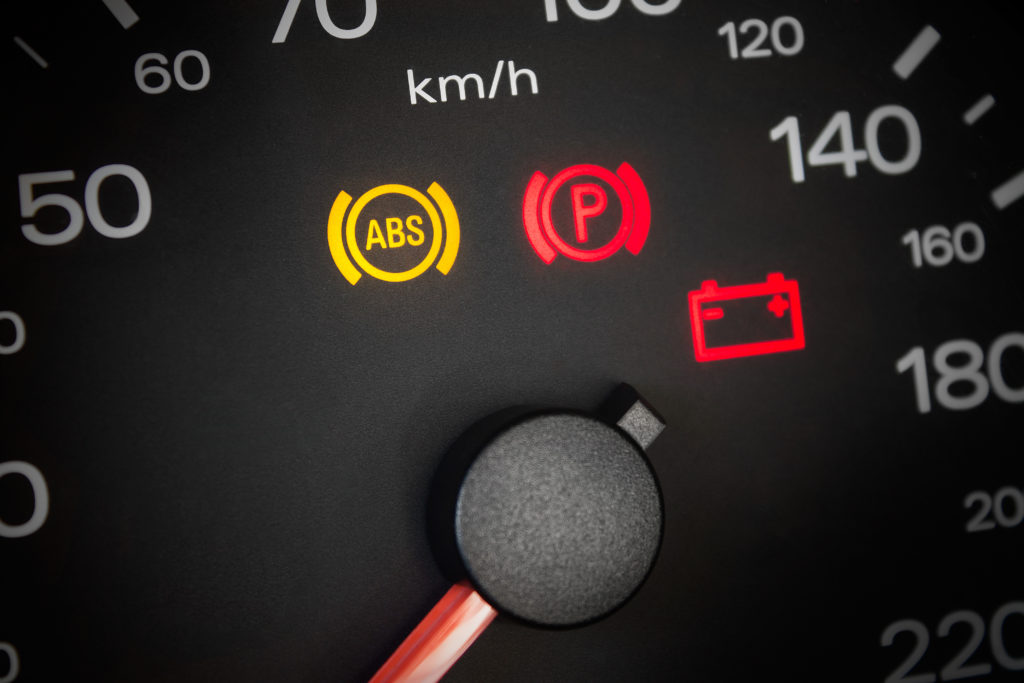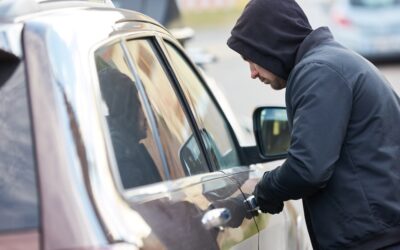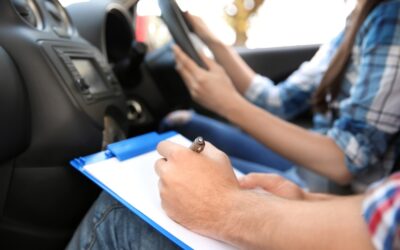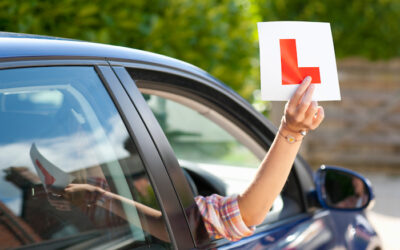As the name suggests, your car’s anti-lock brake system (ABS) is there to prevent your brakes from locking. If you have to make an emergency stop, you’ll apply a lot of force to your brakes. If one of your wheels were to lock at this point, your tyres would lose traction with the road. So rather than coming to a quick stop, you’d instead skid and most likely panic and lose control.

Anti-lock brakes work using a sensor, which detects whether one or more of your wheels has locked while you’re braking. If the system detects any locking, it will automatically reduce brake power to the affected wheel. This will unlock the wheel, so you’ll be able to stay in control while your car comes to a stop.
The main point of ABS is to enable you to stay in control of your car and keep steering, even when you have to make an emergency stop. You’re less likely to skid, which means you’ll be able to avoid hazards and prevent collisions.
If your ABS warning light comes on, it obviously means there’s a problem with your ABS. But what should you do if you see your ABS warning light?
What Should You Do If Your ABS Warning Light Stays On?
This question actually appears in the car theory test. And the answer is simple: if your ABS warning light stays on, then you should get your brakes checked immediately. However, this does not mean you should drive to a garage! If there’s a problem with your brakes, your car might not be safe to drive.
Instead, you should call your garage. They’ll be able to advise you on what to do next, and they may even send someone out to you, to save you from having to drive.
If your warning light stays on, you should also check your car’s handbook. This too will tell you more about what exactly the light means, and what steps you should take next.
Never Ignore the ABS Warning Light
If your car’s ABS warning light stays on, it does not necessarily mean that your brakes will no longer work. You may still be able to drive your car as normal. However, the ABS provides a final last-line of defence in the event of an emergency stop. If your ABS is working, you might find yourself skidding when you need to stop. So rather than preventing a collision, your braking might make a situation considerably worse!
That’s why you should never ignore your ABS warning light. If it stays on, cancel your travelling plans immediately. Don’t drive again until you’ve addressed the problem, and you’ve had the all-clear from your garage.
ABS and the Theory Test
If you are a young driver you may remember seeing quite a few questions in the driving theory test relating to the car’s anti-lock brakes and the ABS warning light. As well as asking you what you should do if the ABS warning light stays on, the theory test might ask you to demonstrate that you understand how a car’s ABS works, and what it’s for.
Crucially, the theory test might ask you to explain when you might not be able to depend on anti-lock brakes. You can depend on your car’s ABS in most situations. But if you’re driving on loose road surfaces, such as gravel or snow, then your car’s ABS might take longer to stop your car. This is why it’s best to not apply sudden force to your brakes when you’re driving on ice or snow. Instead, you should drive as slowly as you can, and brake as gently as you can.
We have a complete guide to the various theory test questions that relate to anti-lock brakes and the ABS warning light.
ABS – An Essential Car Safety Net
The anti-lock brake system there to keep you safe and in control in an emergency situation. But even if you’re the world’s most careful driver, accidents on the road can still happen. That’s why you need comprehensive car insurance, to keep you covered in the event of the worst-case scenario.
At Go Girl, we specialise in providing careful drivers with comprehensive car insurance at an affordable price.




